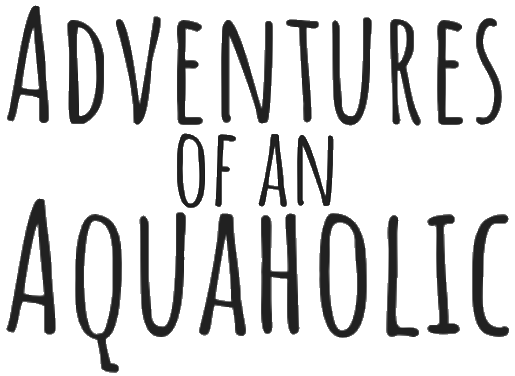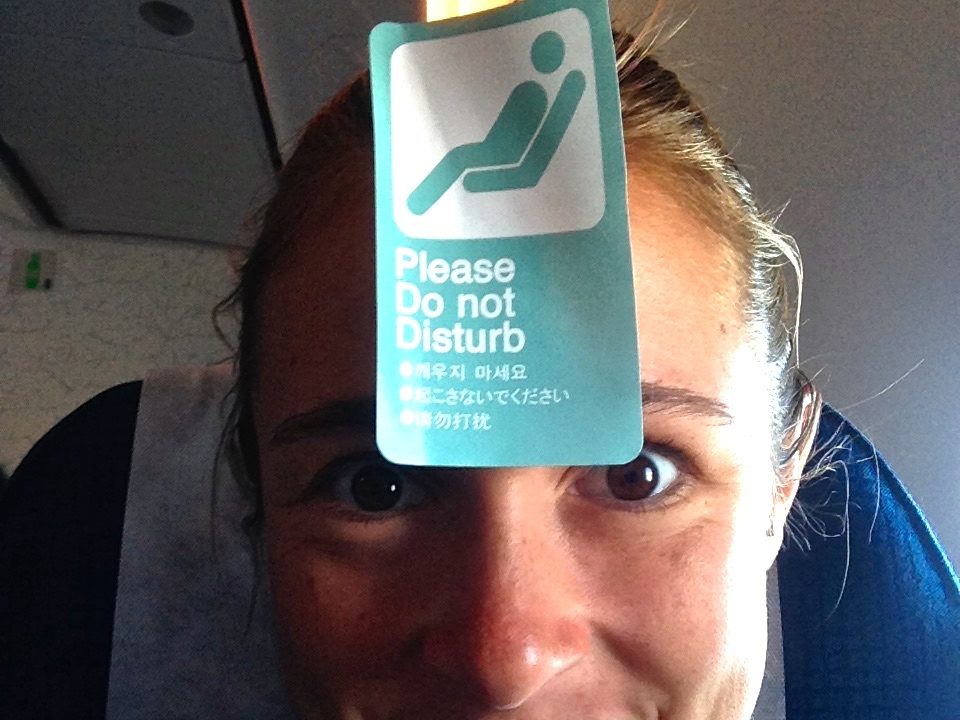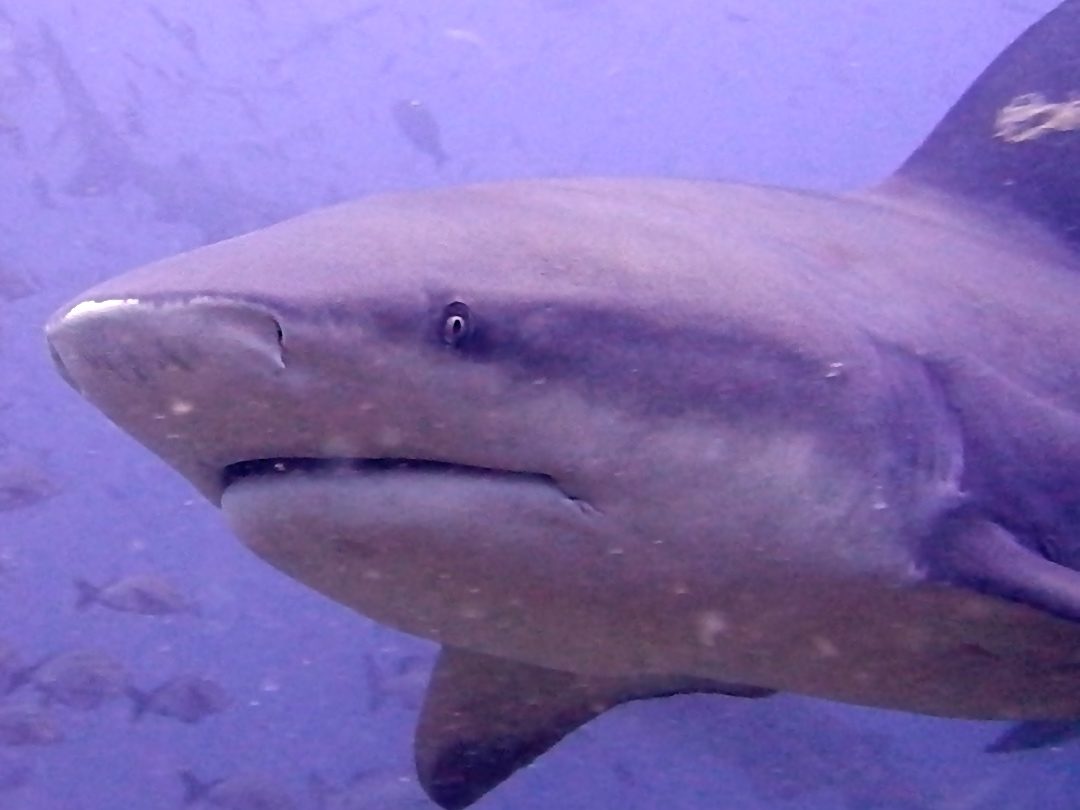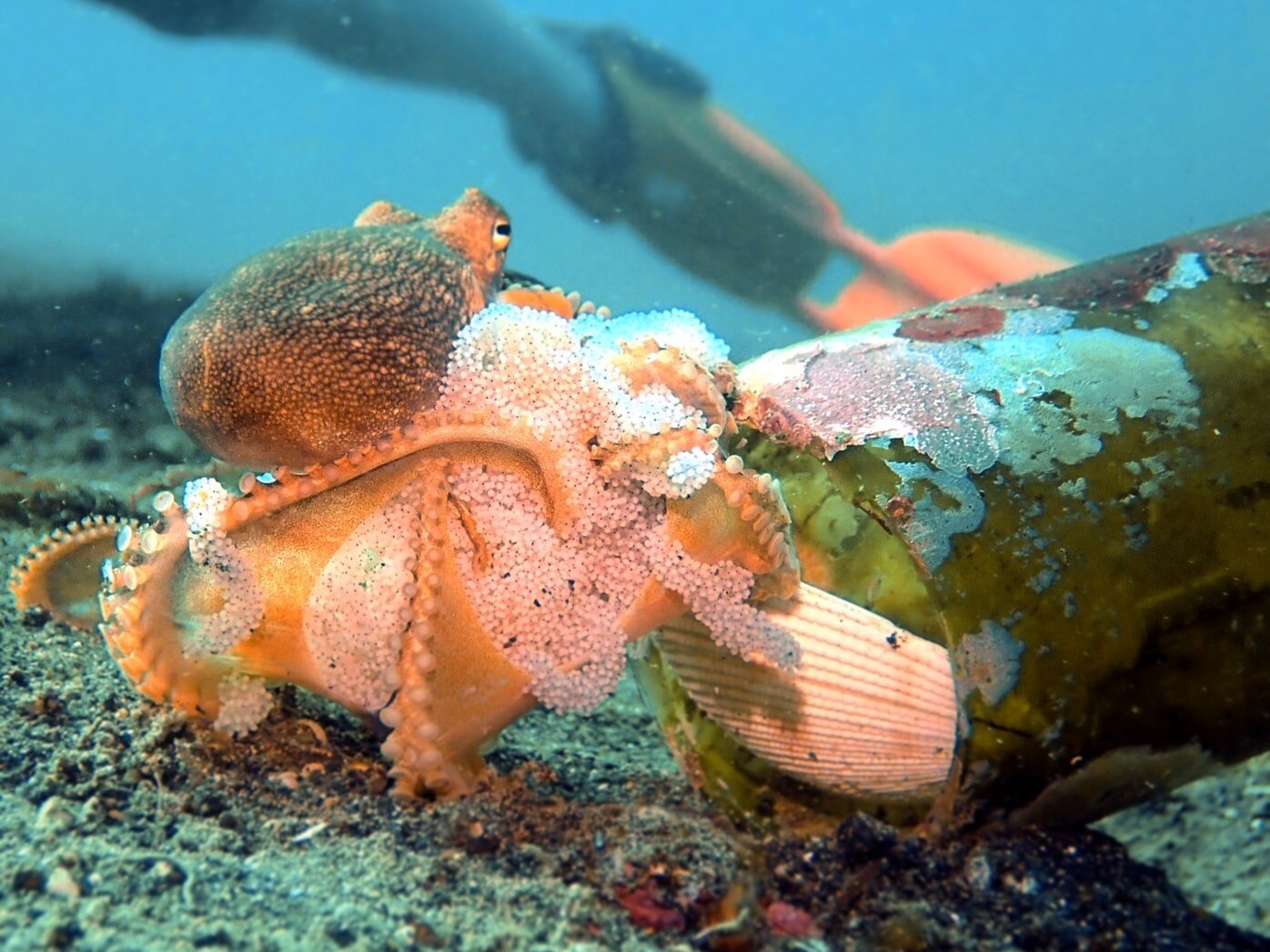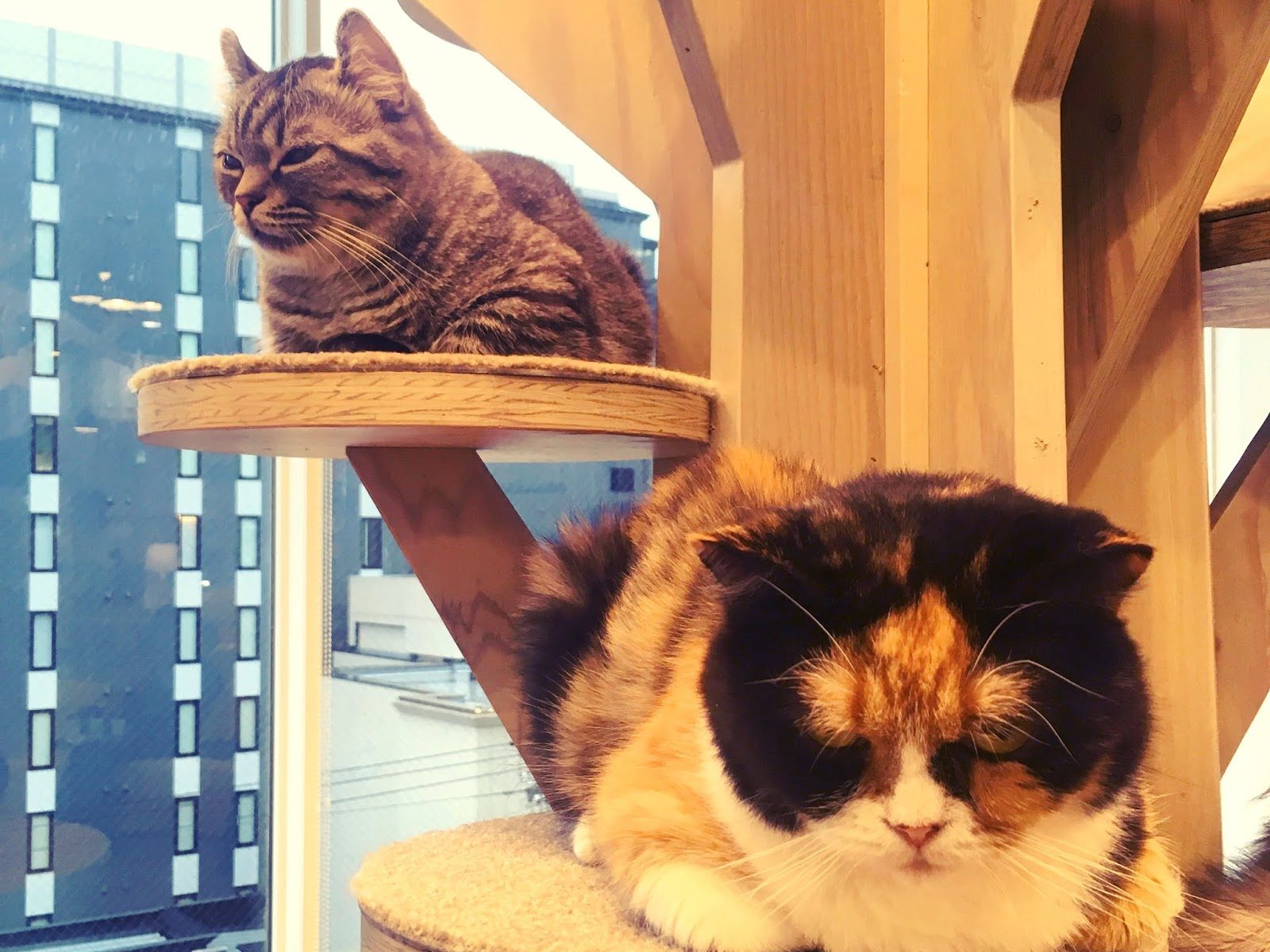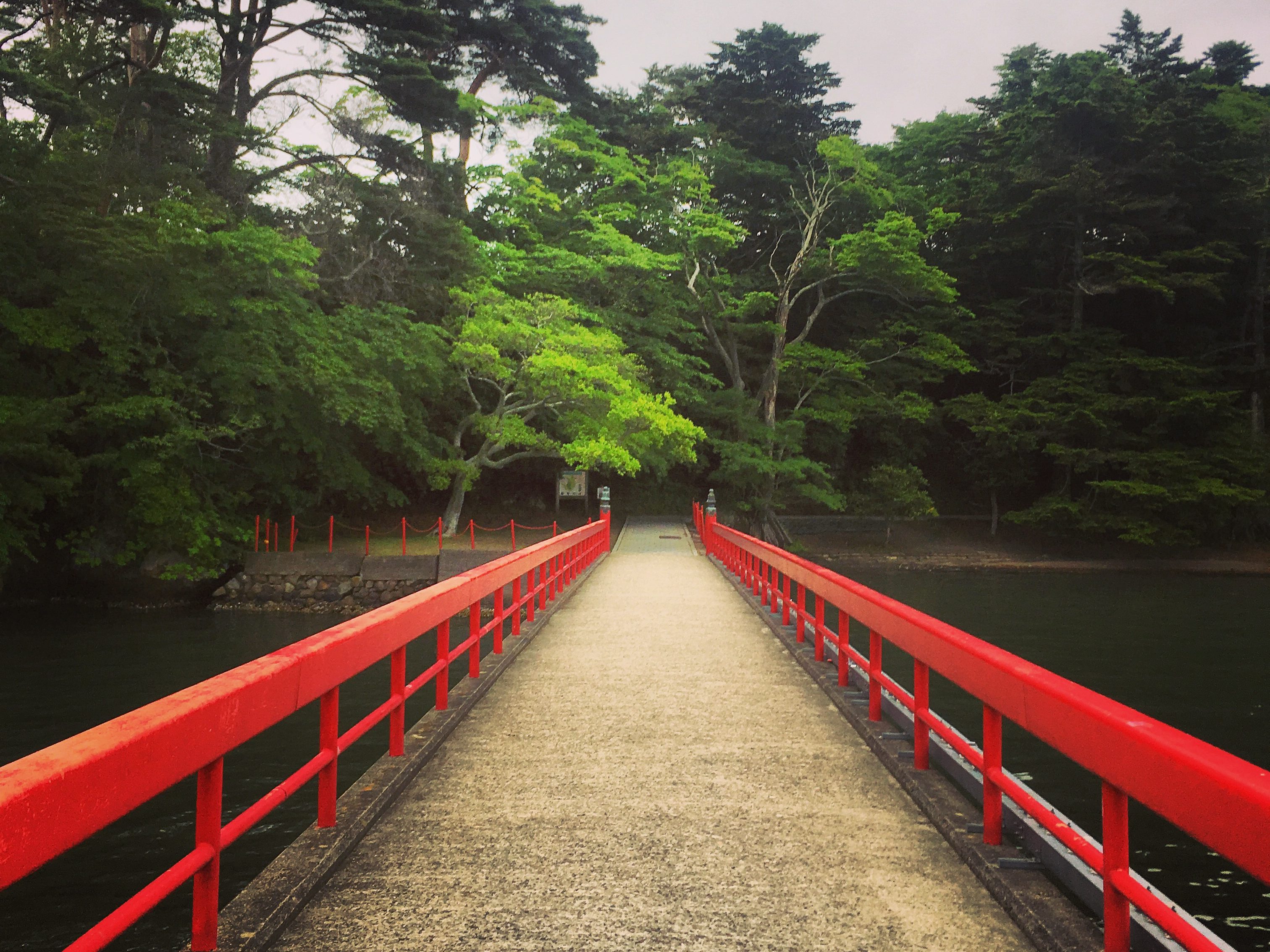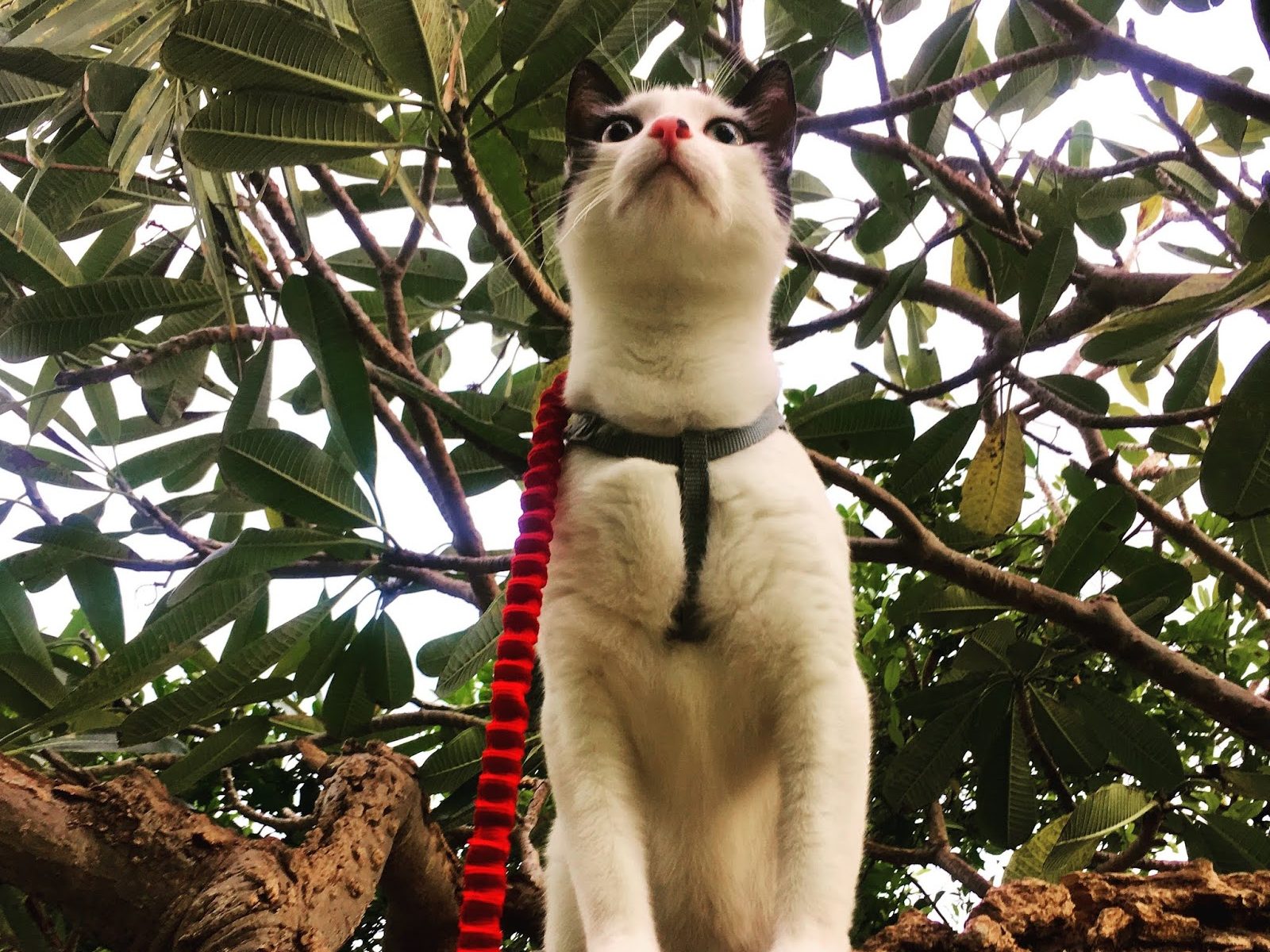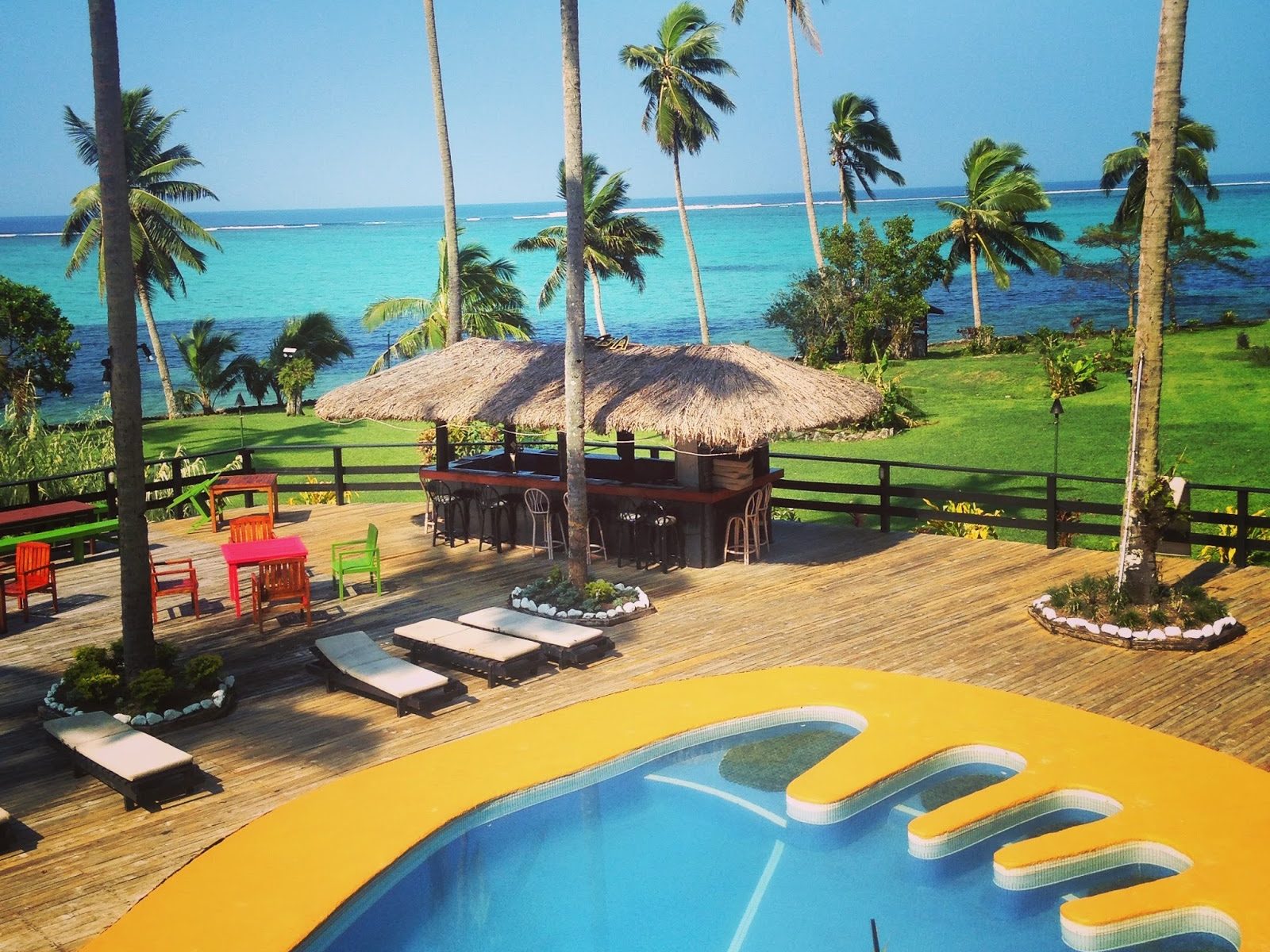
Friday
Fletch and I woke up on our Korean Air flight a couple hours before landing in Nadi Fiji, just in time for the processed egg breakfast to be served. Why do they always insist on serving processed eggs before landing? Nothing says welcome to a new country like egg-flavored, moist styrofoam.
We landed next to the ocean in a scene of lush rolling green hills. A few hours ago it had been winter. Then we crossed the equator while flying and landed in summertime once more. As I become more and more acclimated to living in the tropics, my idea of cold on the thermometer keeps getting higher and higher. Soon I will end up chasing summertime back and forth across the equator.
We went through immigration, claimed our bags, swapped over some currency, bought as many bottles of alcohol as duty free would allow per person, and then found a Vodafone shop to get local SIM cards for our phones. All went pretty seamlessly thanks to instructions from Fletch’s friends who we were here to visit.
When we left Palau, it was with the intention of traveling around for a little while and visiting our friends scattered around the tropics. We had friends living on a boat in the Philippines. Friends running a dive shop in Fiji. Friends working at a dive shop in the Maldives. Of course when traveling, nothing ever goes according to plan, and learning to be flexible and go with the flow is a crucial skill. Our friends on the boat in the Philippines ended up being sent home for a longer holiday then expected by their boss. Our friends in the Maldives were unhappy with their new job and in the process of transitioning back to their old jobs. That left us with Fiji, where a good friend of Fletch’s from Honduras and his girlfriend were currently working. But everything happens for a reason, and when our grand plans of traveling around were zapped, a door opened up in Fiji for us to stay a little more permanently. Aaron’s boss had heard that his friends who were coming (Fletch and I) were also dive instructors, and as Aaron’s work visa was ending soon, asked if we wanted his job after he left. Bummer, a job offer in Fiji.
Mikaila had arranged for a car to pick us up from the airport and drive us the two hours down the coast to the resort where they were working. That’s how we met Dodo, the cab driver. He told us a little bit about Fiji and explained that he was a 7th generation Indo-Fijian. You may not know this, but the population of Fiji today is 38% Indian. Back during colonial times, the British government wanted to maintain good relations with its Fijian subjects, and so prohibited their employment as plantations laborers so as to avoid exploiting them. That meant that someone had to work the extremely profitable crops of cotton, copra, and sugar cane, so negotiations were made with another colonial government for indentured laborers to come over from India.
We had some interesting conversations with Dodo. Fletch asked what the biggest problem in Fiji was in his opinion. Dodo replied with one word. “Chinese.” He then explained that the Chinese have been buying up all sorts of land, and to make matters worse, Fiji just sold them their fishing rights. That made a knot clench up in my stomach. For one, selling your source of food to another country is never a good idea. Secondly, you’re also saying goodbye to the income generated by tourism. No fish = no diving = no tourism (in the dive industry at least). Palau, for all its faults, had one very good thing going for it, and that was a president who cared fiercely about the environment. Last year Palau made all of their national waters marine sanctuary, and unless more places follow suit soon, the oceans are in trouble. Selling fishing rights to China is not the answer.
We stopped at a handicrafts shop halfway for a coffee and a break. Fletch and I had a look around, and the shop keeper politely showed us some things he thought we might need or want. He was a salesman, and knew how to convince us to spend a few dollars, but wasn’t pushy or overly aggressive about it. In fact his friendly and welcoming demeanor probably sold us the carved sarong clip and Fijian phrasebook more than his salesmanship skills did. He showed me how to wear a sarong in the villages, as a sign of respect for the chief. He also showed us some traditional Fijian weapons, the ones in the shop only being for show of course. One was called the neck breaker, and was a sort of combination of a club and a massive hook, used exactly for what its name implied.
We finally made it to the resort and checked in. Aaron and Mikaila came up to the reception from the dive shop to greet us and I finally got to meet the two people I’d been talking to over Facebook for the past couple of months.
We were showed to our bure (the Fijian word for a wood and straw hut) and then Aaron showed us the dive shop. It was a cute little building, obviously very slow and quiet as far as business coming through, and Aaron reconfirmed to us that the job was ours if we wanted it.
| Crusoe’s Retreat, Coral Coast, Fiji |
The four of us took the boat out with the two local boys who worked at the shop. Everyone else went for a dive while I decided to hang back and just snorkel. My sinuses had been a little wonky after breathing in my weight in dirt during our drive in Palawan. Better to let them heal and be able to enjoy the diving next time.
We went out to the channel, and for a while I followed the divers from the surface. The visibility wasn’t the best though, so keeping up was more difficult than I thought it would be. I tried freediving down to see where everyone was, but sure enough my right sinus cavity received a sharp stab of pain in protest. So I just followed the bubbles for a while, popping them as they ascended like jellyfish. They make nice sounds when you pop them underwater.
I found a nice sandy area with coral heads and reef fish, some I had seen before and some that were new to me in this part of the world. I was having a blast until the boat picked me up and brought me to the other end of the channel where the divers were now surfacing. Over here it was nothing but solid coral. My mouth dropped in awe for a moment before I spat out the salt water again.
The divers resurfaced and then we saw dolphins on the horizon. As if arriving in Fiji with the possibility of a job running a little dive shop wasn’t enough for one day, the universe decided to throw in some dolphins.
After a nice long, hot shower in our room, we meandered our way over to the bar for happy hour. I was delighted to discover that they had banana daiquiris, as I was hungry and dinner hadn’t started yet. Banana daiquiris are like bloody marys; they count as a meal.
 |
| First sunset in Fiji. |
 |
| Fletch and his new friend, Coco. |
Kava is drunk at room temperature, out of one coconut shell that is passed around the circle. The drinker claps once and says bula (the Fijian word for ‘hello’), downs their coconut shell of kava like a shot, and then everyone else claps three times out of respect. Then the coconut shell is passed to the next person. Kava has to be one of the most unique customs I have come across in my travels. The Fijian people for the most part don’t drink. They don’t do drugs. They don’t smoke. They just sit around the kava bowl in the evening and drink bowl after bowl of the tea. I’ve never seen anything like it.
After a couple rounds, the relaxing effects of the kava set in and we drifted off to bed, ready for a good night’s sleep on a flat surface.
